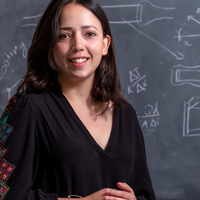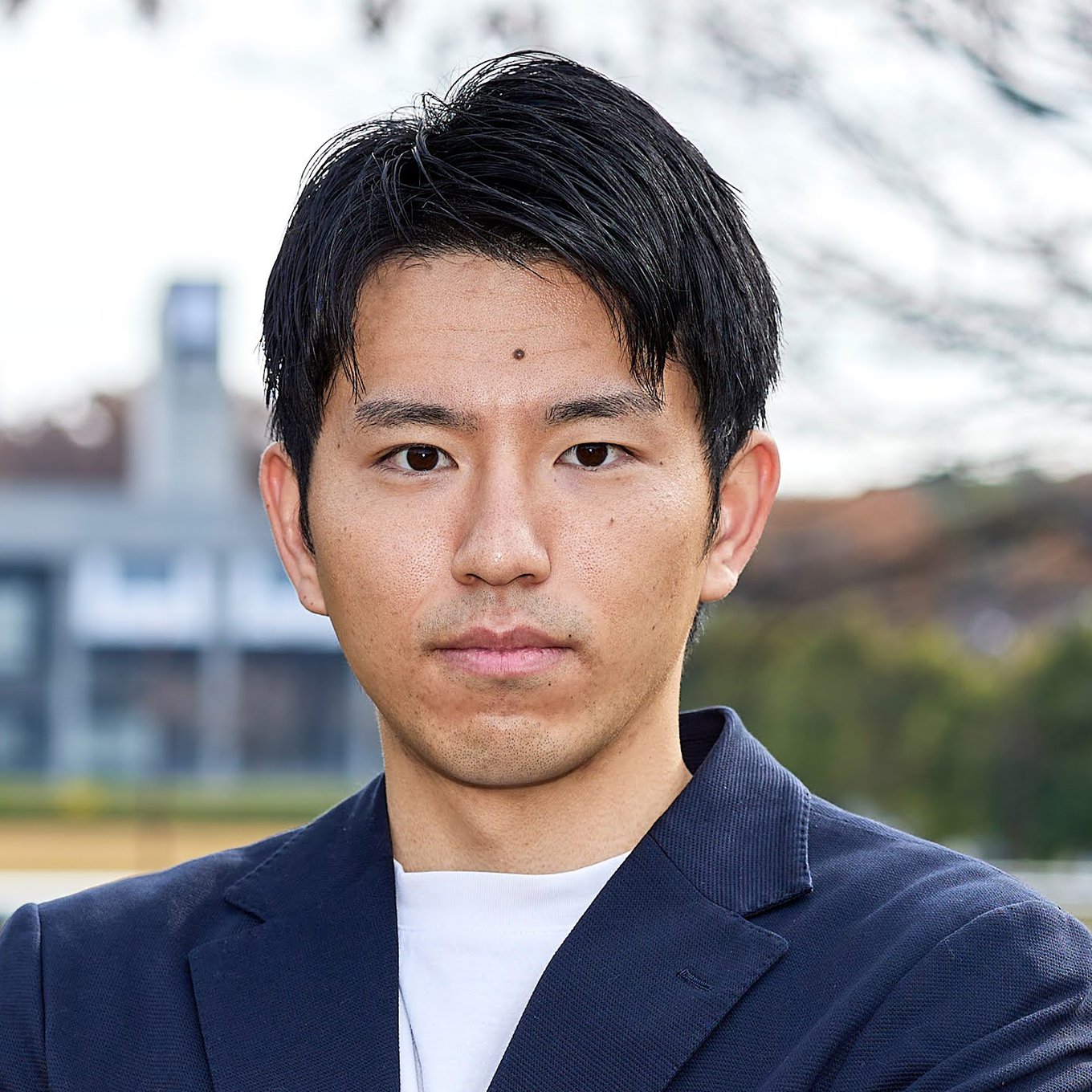Farming is not necessarily possible anywhere just because there is land available. Fertile farmland appropriate for cultivating crops is required. Ryoya Nishida, who is conducting research on artificial soil at the Graduate School of Environmental Studies, Nagoya University, has developed technology that can convert substances such as minerals and biochar into soil. By immobilizing microorganisms on porous (soil-less) substrates, thereby causing nitrification, and adding organic fertilizers (just as one would with natural soils), it became possible to grow plant cultures in these substrates. This technology is a practical application of technology developed by Japan's National Agriculture and Food Research Organization (NARO) combined with technology developed by Nishida related to biochar pretreatment and microbial cultivation.
This artificial soil is said to be processable into a substrate capable of organic farming after only about a month's time spent processing the soil. Generally, a period of three to five years is required to convert soil used for traditional cultivation methods to a soil capable of organic farming.
By utilizing biochar, Nishida's technology enables the immobilization of much more carbon dioxide in the soil than traditional farmlands. Typically, farmland soil can only contain about 20% of its volume in added biochar, but through Nishida’s technology, a soil containing 100% biochar becomes capable of producing crops. Artificial soil enables the conversion of lands which previously were not suitable for agriculture into farmlands, and biochar soil makes it possible for farmlands to immobilize an even greater amount of carbon dioxide into the soil.
While continuing to further his academic research, in order to accelerate the practical applications of his artificial soil technology, Nishida launched a partnership start-up firm called TOWING. He currently also serves as the Chief Technology Officer (CTO) of this company. At TOWING, projects include the organic cultivation of herbs on rooftops, utilizing artificial soil developed by Nishida, providing farmers with biochar artificial soil that is ideal for farmland, and the sale of seedlings and crops which utilize biochar artificial soil.
Furthermore, in a joint experiment with Obayashi Corporation, a major Japanese construction company, Nishida designed and manufactured porous materials from simulated lunar sand by combining Obayashi's technology that transforms lunar sand into building materials using microwaves and lasers with his own technology. They then used it as soil to grow komatsuna (Japanese mustard spinach). In the future, when humanity may be living on the moon or Mars, the ability to grow crops in those environments can lead to major reductions in the amount of goods and resources that will need to be transported to such locations. Nishida's goal, "to develop a highly efficient and sustainable farm, from as close by as the balcony to as far away as a space station," is a sizable goal indeed.




